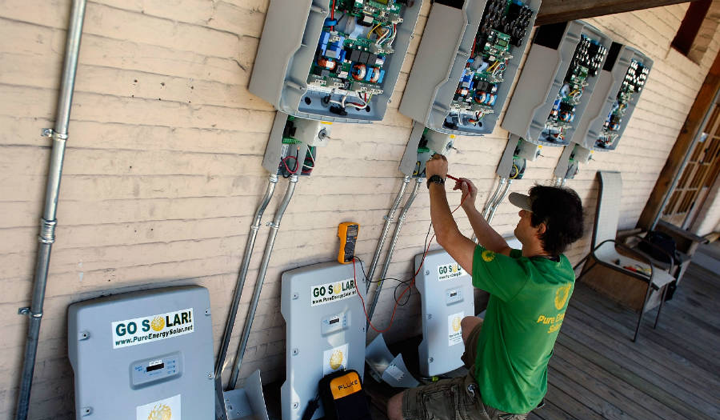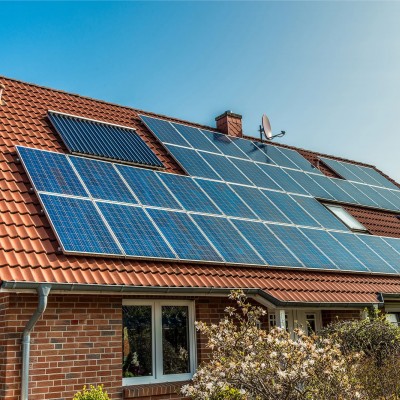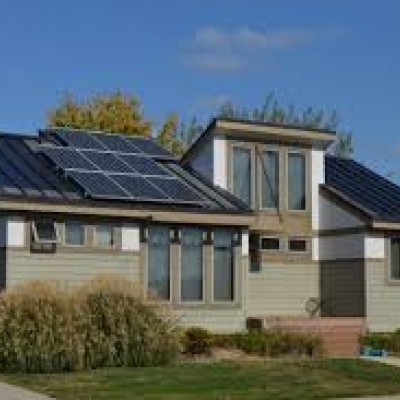Redesigning for Resilience

Think about this... 20% of Florida lost their power for 5 days or more.
Unlike large swaths of Florida that were facing days if not weeks without electricity, Pereira knew he would have power when the sun rose. He had installed rooftop solar panels two weeks before the storm, along with an inverter that allows him to use power from the solar panels without being connected to the grid. The next morning, he plugged an extension cord into the inverter, flipped it on, and let his 7-kilowatt rooftop solar array do the rest. He was able to use his appliances and his Wi-Fi, so he could continue his work as a home-based IT consultant while the neighborhood waited for grid power to came back on.
Solar advocates say that now—as the state rebuilds thousands of miles of damaged power infrastructure—is the perfect time for Florida to rethink grid resilience and bringing in renewable energy.
Alissa Jean Schafer, solar communications and policy manager for the Southern Alliance for Clean Energy, had just returned to the Fort Lauderdale area after evacuating with her family to Atlanta and was already having conversations with people in her community about the potential for distributed solar.
"If we're going to be taking steps toward resiliency, and people are still living in South Florida, [we have to] look at how to create a more resilient grid between having distributed resources like rooftop solar as opposed to only have power coming from one source, like natural gas," she said.
Solar can also help run microgrids that are able to continue providing power to a local area when the main grid is damaged elsewhere. "Microgrids could potentially make it easier to bring small communities back on quicker," Schafer said.
"The more spread out, the more resilient you're able to be," she said. "Those issues really come to a head when we see something go wrong." [Inside Climate News]


